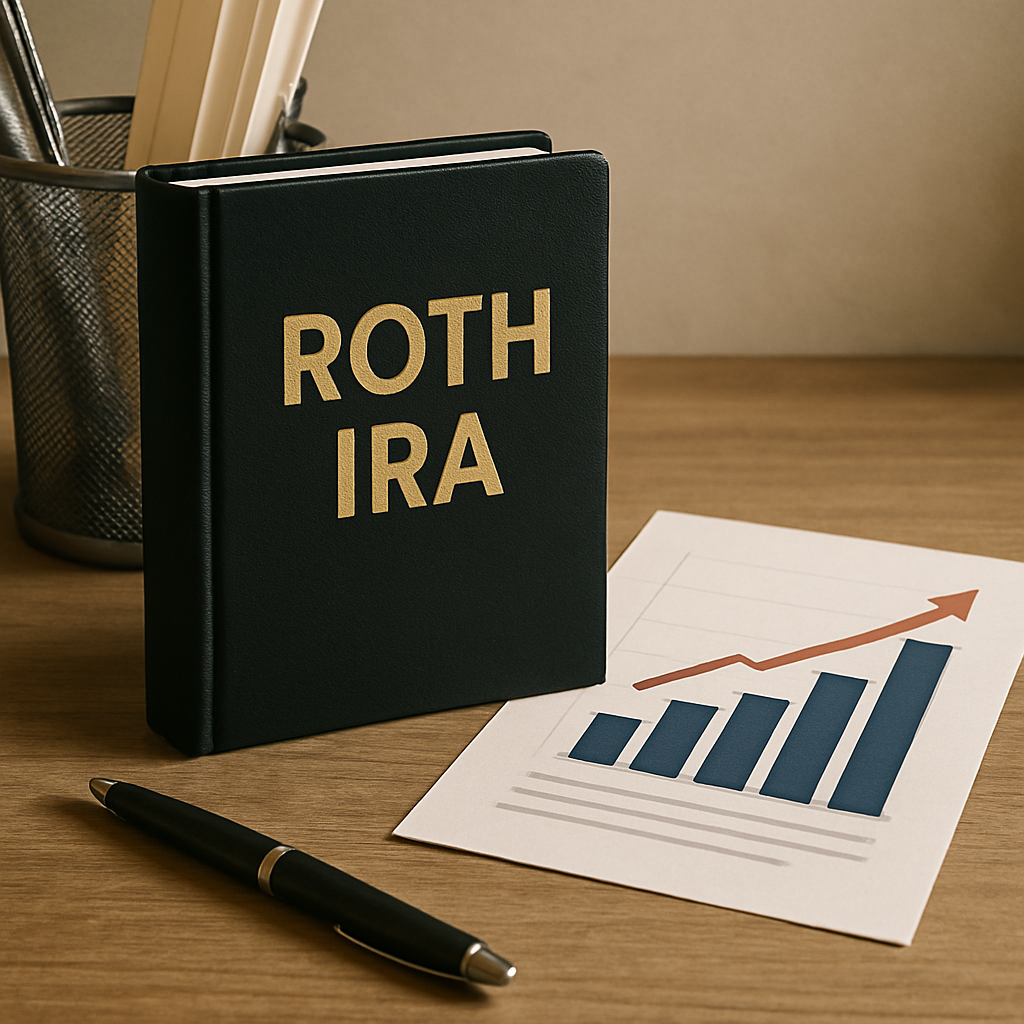As a professional financial advisor, I often get asked about Roth IRAs and their benefits. Roth IRAs are tax-advantaged accounts designed to help you save for retirement. Unlike traditional IRAs, contributions to a Roth IRA are not tax-deductible. However, the real advantage comes when you retire: qualified distributions from a Roth IRA are free from federal income tax and are not included in your gross income. This can be particularly beneficial if you expect to be in a higher tax bracket in retirement or if tax rates increase in the future.
Contribution Limits and Catch-Up Contributions
For 2024, the maximum combined annual contribution you can make to traditional and Roth IRAs is $7,000, which is an increase of $500 from 2023. If you’re 50 or older, you can take advantage of “catch-up” contributions, allowing you to contribute an additional $1,000 annually. This is a great way to boost your retirement savings as you approach retirement age.
No Maximum Age for Contributions
One of the unique features of Roth IRAs is that there is no maximum age for making contributions. As long as you have earned income, you can continue to contribute to your Roth IRA. Additionally, unlike traditional IRAs, Roth IRAs do not require you to take mandatory distributions based on age. However, beneficiaries of Roth IRAs must take mandatory distributions.
Flexible Withdrawals
Roth IRA withdrawals of contributions can be made at any time and for any reason, without incurring taxes or penalties. This flexibility is one of the reasons Roth IRAs are so popular. To make a qualified tax-free and penalty-free distribution of earnings, the account must meet the five-year holding requirement, and the account holder must be at least 59½ years old. If these conditions are not met, withdrawals of earnings are subject to ordinary income tax and a 10% federal tax penalty, unless an exception applies.
State and Local Taxes
While qualified Roth IRA distributions are free from federal income tax, it’s important to remember that they may still be subject to state and/or local income taxes. Additionally, eligibility to make annual contributions to a Roth IRA phases out for taxpayers with higher incomes.
Is a Roth IRA Right for You?
If you’re looking for a retirement savings vehicle with distinct tax advantages, a Roth IRA could be a great option for you. It offers flexibility, tax-free growth, and the potential for tax-free withdrawals in retirement. As always, it’s important to consult with a financial advisor to determine the best retirement strategy for your individual needs.
The information in this article is not intended as tax, legal, investment, or retirement advice or recommendations, and it may not be relied on for the purpose of avoiding any federal tax penalties. You are encouraged to seek guidance from an independent tax or legal professional. The content is derived from sources believed to be accurate. Neither the information presented nor any opinion expressed constitutes a solicitation for the purchase or sale of any security.




